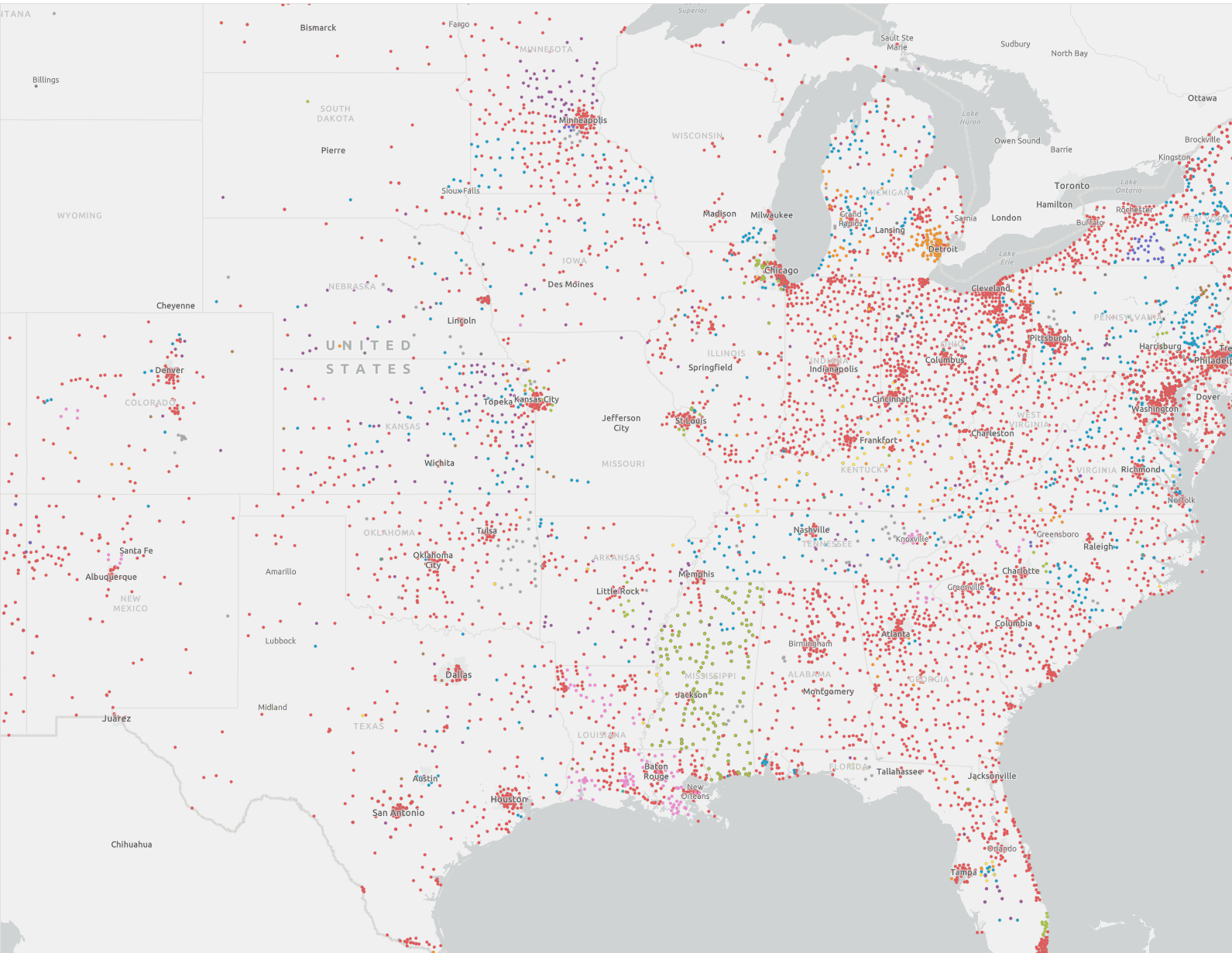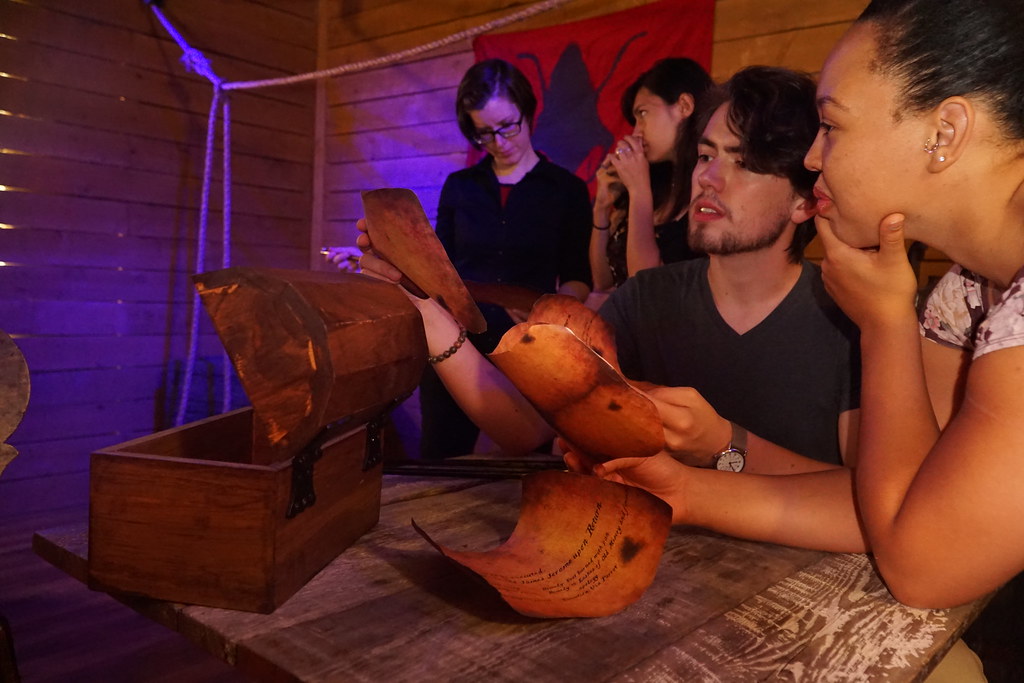Filter Projects by Topic / Status
Helping library staff make learning connections with youth
What are the social, cultural, and economic implications of increased connectivity for Arctic communities and peoples?
How can iSchools leverage their broad spectrum of expertise to address critical information challenges of our time while also advancing the profession of librarianship?
What is the current state of public library internet connectivity?
This project will help Equity in Education Coalition (EEC) assess the outcomes and performance of the Digital Navigators Program. EEC and the ConnectWA Coalition, along with partners and subcontractors, plan to train and deploy community-based Digital Navigators across the state, implement a Digital Navigator call center and support line and create Statewide Digital Equity Dashboard....
What forms of social science and technology training can be provided in non-formal environments to give young women and their families a more expansive view of their career options?
The research examines the reconstruct of ICT in family farming and their socio-cultural configurations in the COVID-19 pandemic.
Launching collaborative research to produce a model for teaching civic education for the circumpolar North.
Bringing community members and organizations together to broaden participation and inclusion within cultural heritage collections.
Designing gamified approaches to building (mis)information literacy.
Investigating the data needs of public library staff and determining which of those needs can be met through the use of open data.
Piloting a small-scale program to provide job seekers with home technology and remote support to develop digital skills and prepare for new careers.
Developing data for decision-making (D4D) tools and resources that local organizations can use to more effectively work with (and within) their target communities and with scientists and policy makers to generate and use marine data to manage marine resources and ecosystems.
Open data connects to many core library values, such as open access, information literacy, and civic engagement. As the open data movement grows, we want to better understand and support public libraries in helping the public access and use open data.
Developing a community lab model for use in public libraries in Washington Libraries to combat misinformation and threats to democracy.
The curriculum was developed in response to the results of a needs assessment conducted by Myanmar’s Enlightened Myanmar Research Foundation
How can communities and organizations be supported to better participate in the co-creation of actionable knowledge?
In what ways can ICT platforms be co-developed with Indigenous communities to support their political empowerment while avoiding unintended negative effects of connectivity?
How do you identify what skills people need to equitably participate in digital life?
How do we harness nontraditional learning environments, like public libraries, to address gender data gaps and lack of women in STEM fields?
Advancing library visibility through effective data collection, use, and sharing in partnership with the African library community.
Thought leaders from libraries, civic media, collective action, peace building, media and data literacies explore civic engagement.
What skills are required for developing and implementing successful information-based projects in the digital age? How can informed analyses and appropriate solutions to information problems work for social change?
The Mobile Information Literacy curriculum is a growing collection of training materials designed to build information literacies for the millions of people worldwide coming online every month via a mobile phone. Most information and digital literacy curricula were designed for a PC age, and public and private organizations around the world have used these curricula to help...
Launching interdisciplinary research into the design, implementation, and deployment of community-held urban network infrastructure





